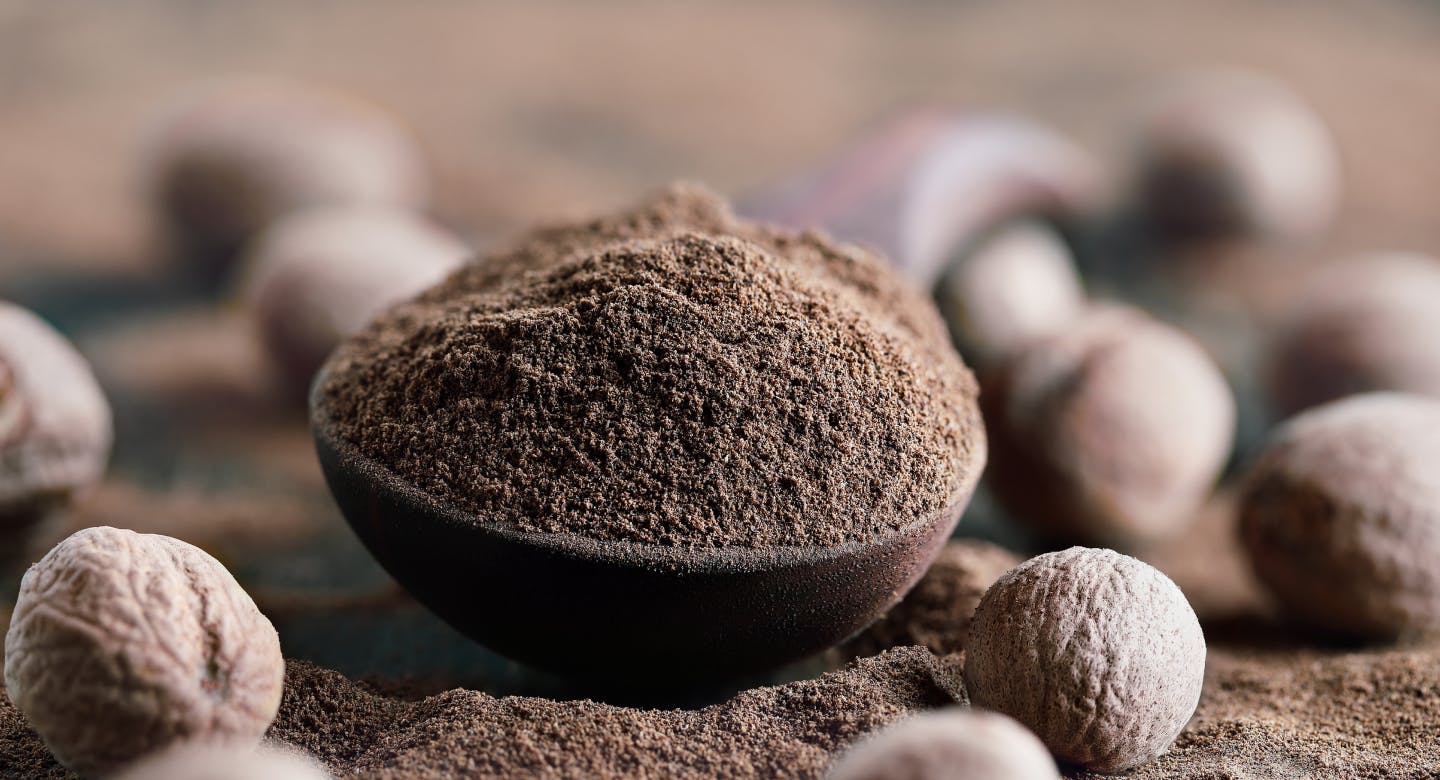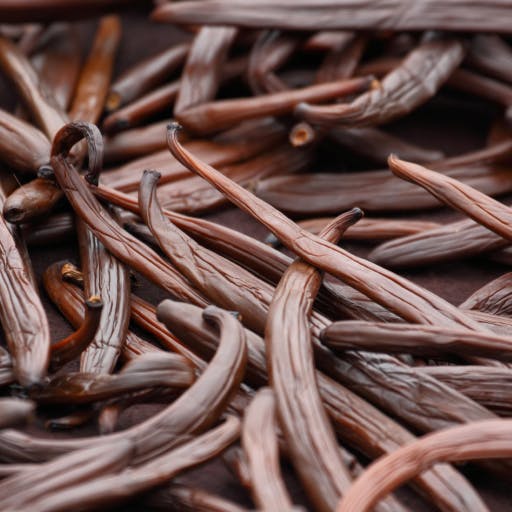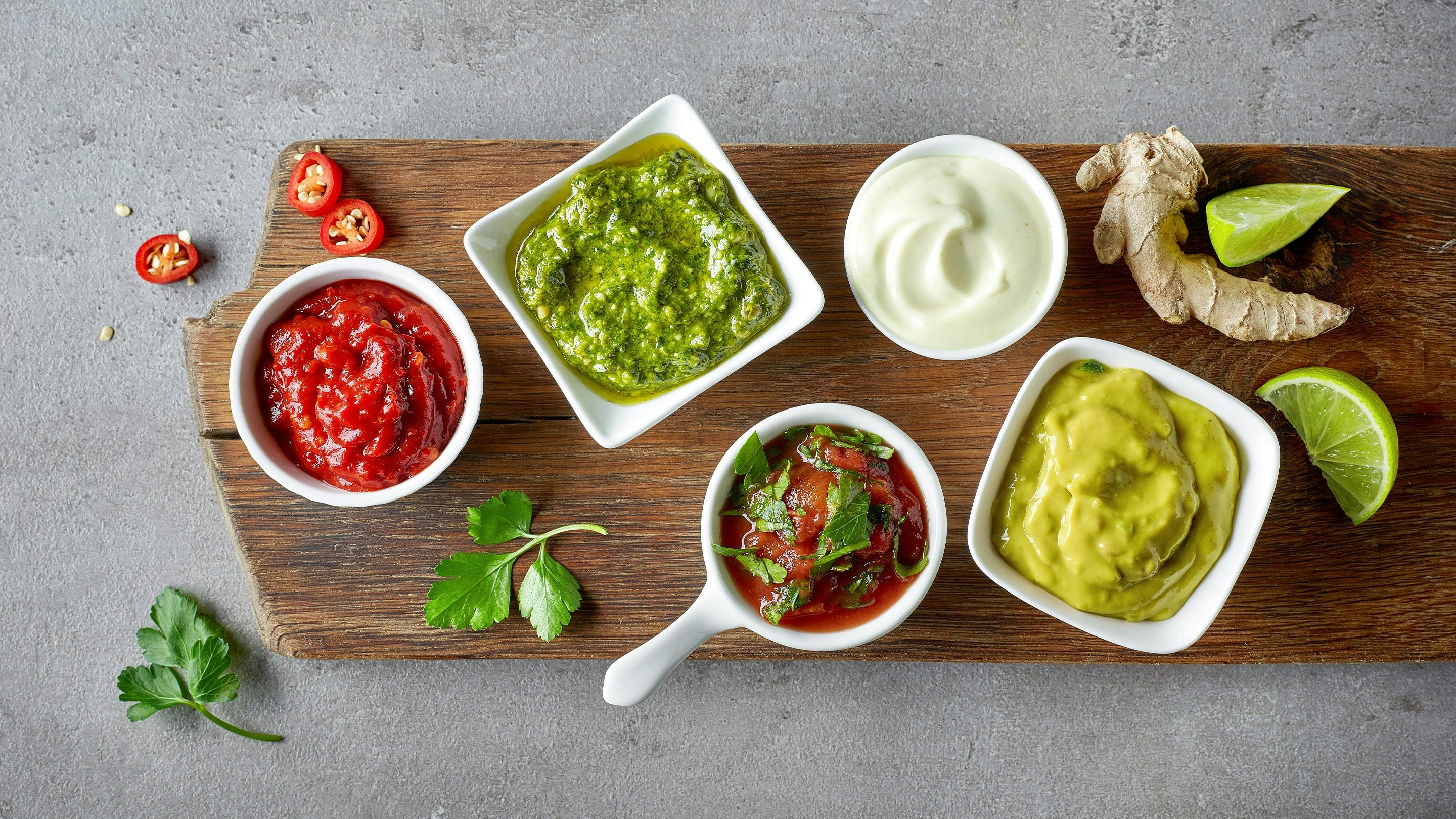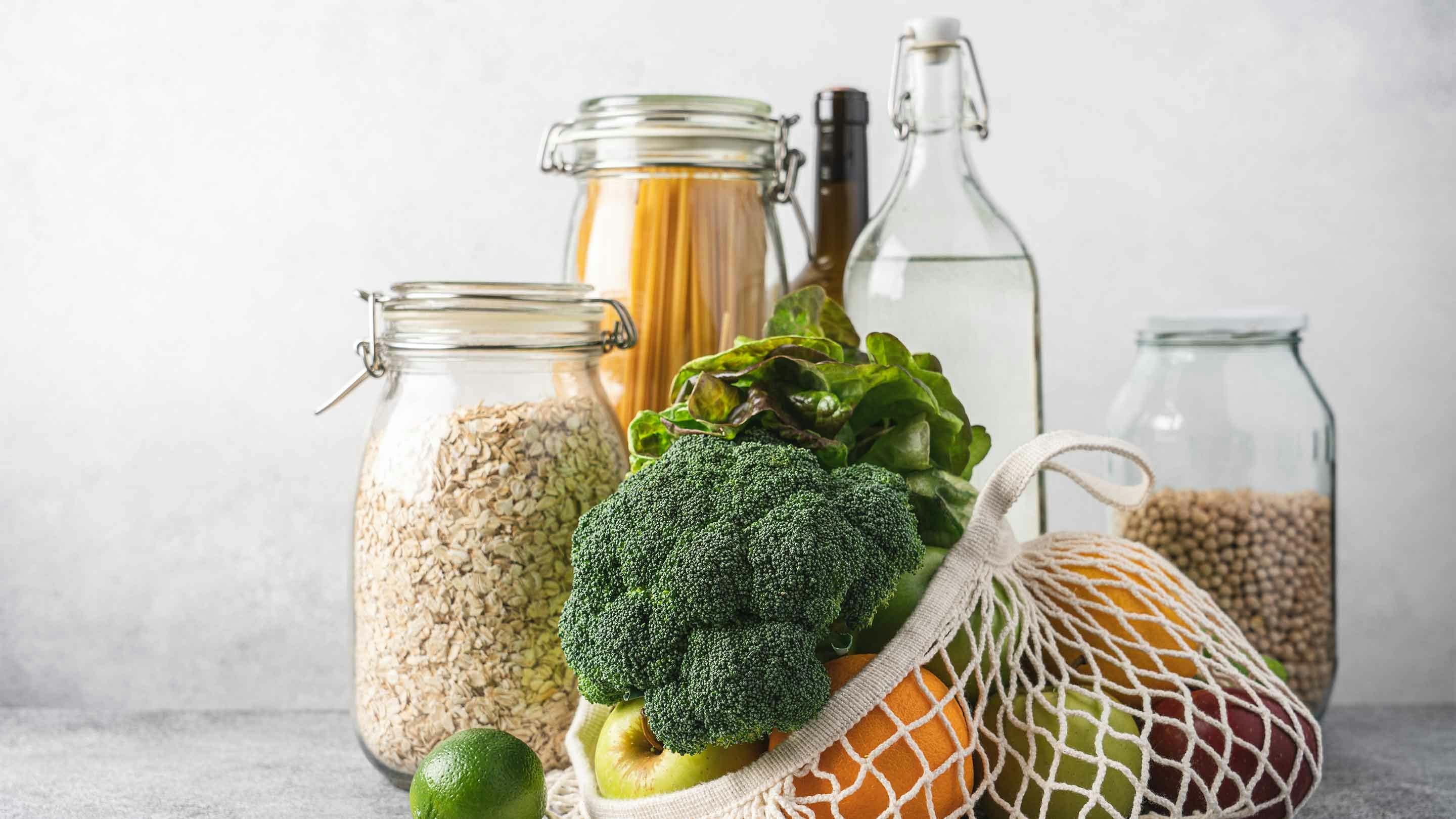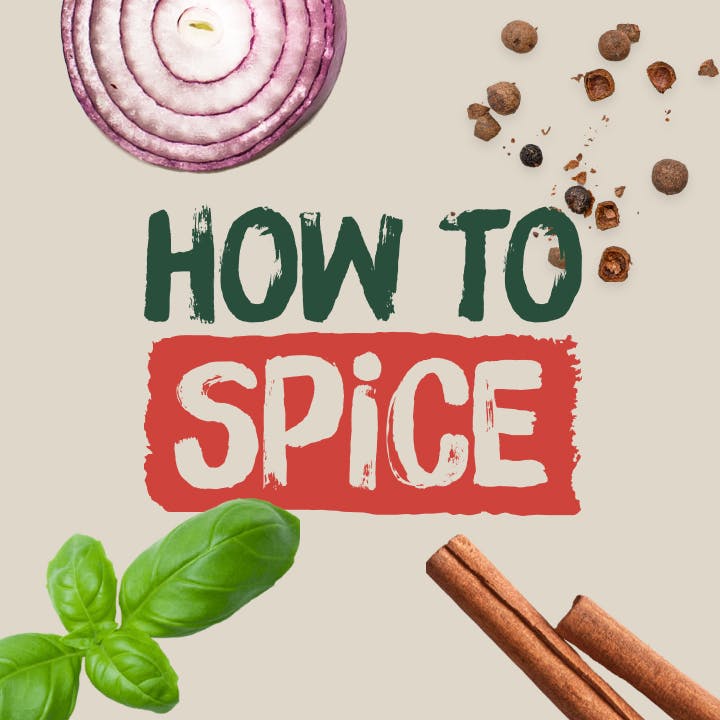
Discover our spice hub
Sometimes you just can't get enough of spices: Learn all about how to elevate your dishes in our new knowledge base!
Some spices radiate a little more warmth than others: We are talking about those that give our dishes a nutty or delicately sweet note. Using them only for desserts or for baking would be a shame - because they refine a wide range of dishes.
The scent of holidays: Nutty-sweet spice know-how from cumin to cinnamon
Some spices have such a rich intensity that they immediately take you on a sensory journey: Whether you associate them with a special time of year or with an exotic country’s cuisine – nutty-sweet spices give dishes a very special character. And they truly whet your appetite for creative cooking, as you can read in our blog post about sweeter spices in savoury cooking.
These tips are dedicated to the following spices:
- Cumin
- Coriander
- Nutmeg
- Cinnamon
- Vanilla
- Cloves
Sweet, but not sweet
General tips for use
Cumin and how to use it in the kitchen
Cumin was already highly appreciated in Ancient Egypt for its bitter-sweet taste. For thousands of years, it has added a warm, earthy note to many cuisines around the world.
Use cumin either ground or as cumin seeds, which are best roasted without oil in a pan and then mortared. Whole cumin tastes milder than ground. Use ground cumin for soups, sauces and marinades that need a strong, even cumin note. Whole cumin promises a subtle texture and a pleasant crunch – it is suitable for rice dishes, curries and stews, for example.
Cumin goes very well with rice dishes, stews, vegetable and meat dishes. You can use cumin to prepare both chilli con carne and curry authentically.
KOTÁNYI TIP: Prepare an exotic marinade from cumin and lime juice: Simply mix a teaspoon of ground cumin with half a teaspoon each of salt and pepper, the juice of a lime and a few tablespoons of olive oil and marinate vegetable skewers or chicken with it: This is the spirit of Central America!
Coriander and how to use it in the kitchen
In contrast to the refreshing leaves, coriander seeds – whole or ground – have a nutty, sweet and pungent note reminiscent of oriental cuisine. Their taste is very different from the leaves!
If you want to give your dishes an Asian or oriental twist, add coriander: ground or roasted as a whole seed before preparation.
Coriander seeds are not only a pleasant flavour enhancer in meat, fish and vegetable dishes, they also add some character to baked dishes.
KOTÁNYI TIP: If you pickle vegetables, add whole coriander seeds! They enrich the pickles with their fine nutty flavour.
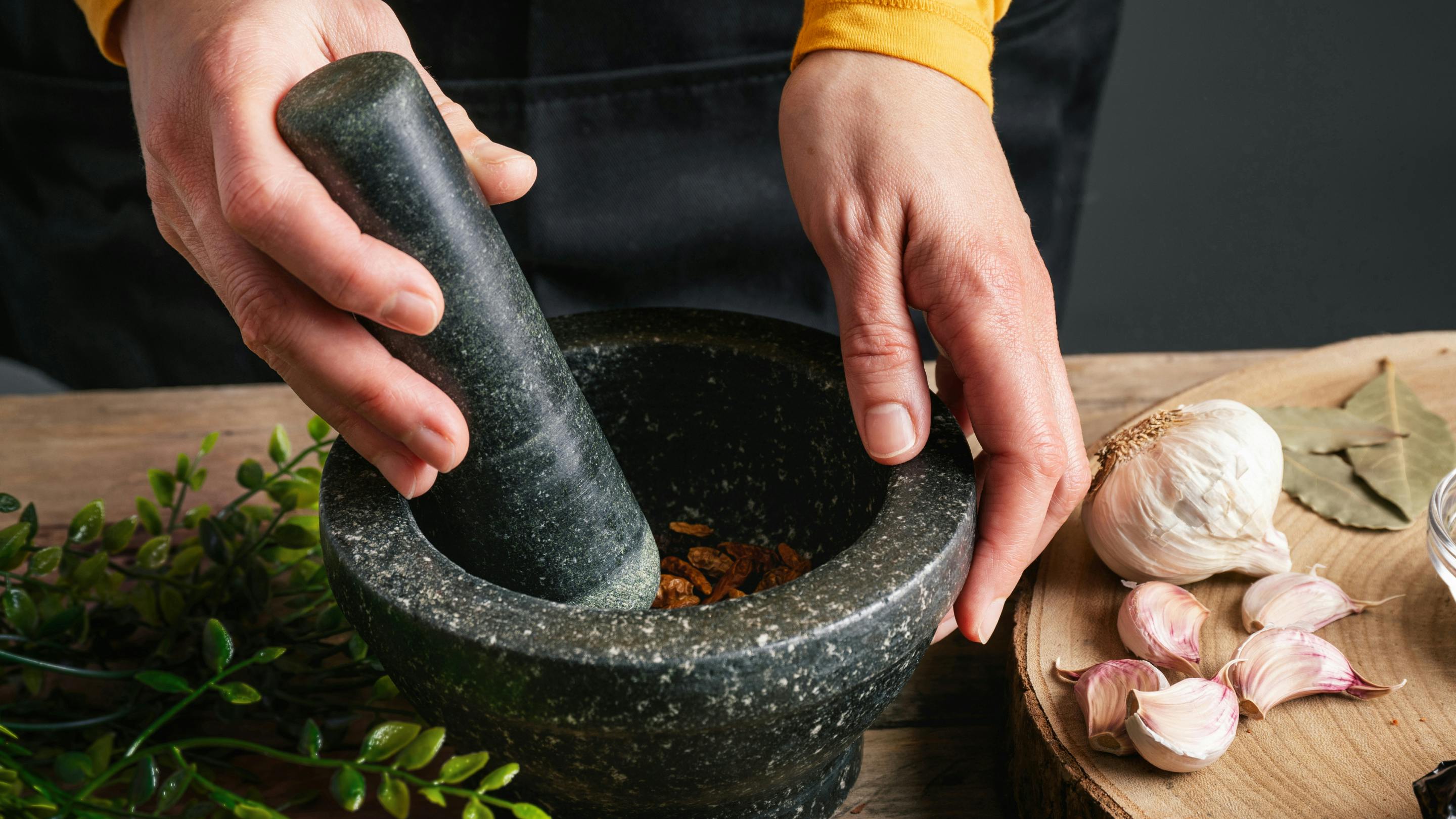
Nutmeg and how you use it in the kitchen
Nutmeg is an aromatic spice that is used when grated to give dishes a warm, earthy-nutty note. If you use whole nuts, you only need a fine grater or a special nutmeg grater.
The nutmeg’s subtle sophistication is perfect for creamy sauces, soups and vegetable dishes – it’s essential in mashed potatoes or béchamel sauce.
Nutmeg is also an insider tip for desserts. Use it in cakes, desserts, creams or hot drinks such as cocoa or punch.
KOTÁNYI TIP: Many people swear by a pinch of nutmeg sprinkled over their latte macchiato or cappuccino – you’ll be surprised how good it tastes, too!
Cinnamon and how to use it in the kitchen
Nothing is more synonymous with the Christmas season than the warm, delicate sweetness of cinnamon – but it goes well with many dishes all year round. You can use ground cinnamon or cinnamon sticks to add this delicious flavour to your dishes.
Cinnamon sticks need a little time to develop their flavour – ground cinnamon gives an immediate effect.
Sprinkle cinnamon over muesli or yoghurt and add it to fruit salads, smoothies and pancakes. But also use it in savoury cooking, for example in stews, curries or chillies, to add an exciting nuance of flavour!
Vanilla and how you use it in the kitchen
Vanilla is famous for its sweet, floral aroma. You can use vanilla in the form of vanilla extract, vanilla beans, ground vanilla sugar or vanilla paste to add a delicate flavour to desserts, pastries, drinks or even savoury dishes.
A little vanilla makes a big difference in many sweet recipes – from cakes to puddings to ice cream.
You can also use vanilla in savoury dishes to create an unexpected but pleasant contrast. Try it in a marinade for grilled chicken or in sauces for seafood.
KOTÁNYI TIP: If you use a real vanilla bean, cut it open, scrape out the pith and use both the pith and the bean in your recipes – this provides a more intense vanilla flavour.
Cloves and how to use them in the kitchen
Cloves have an intense, spicy flavour. You can use them whole or ground to give your food a strong spicy-sweet note.
Cloves are a classic spice for mulled wine and hot cider, but they also go well with hearty dishes such as beef or stews.
If you use whole cloves, don’t forget to remove them before serving, as they taste very bitter once you bite into them.
Spice up the web! Share this article on...
Read more
Currently Viewing: 1 of


